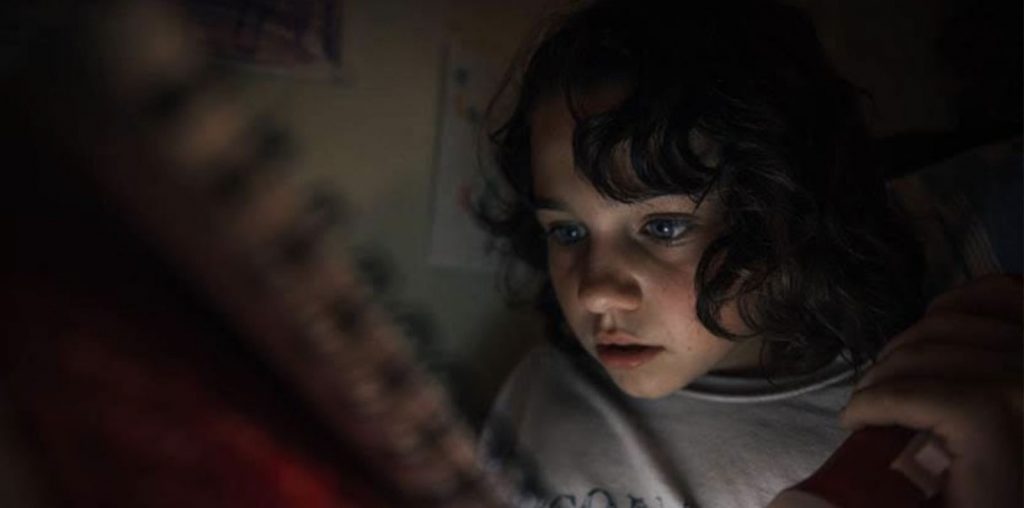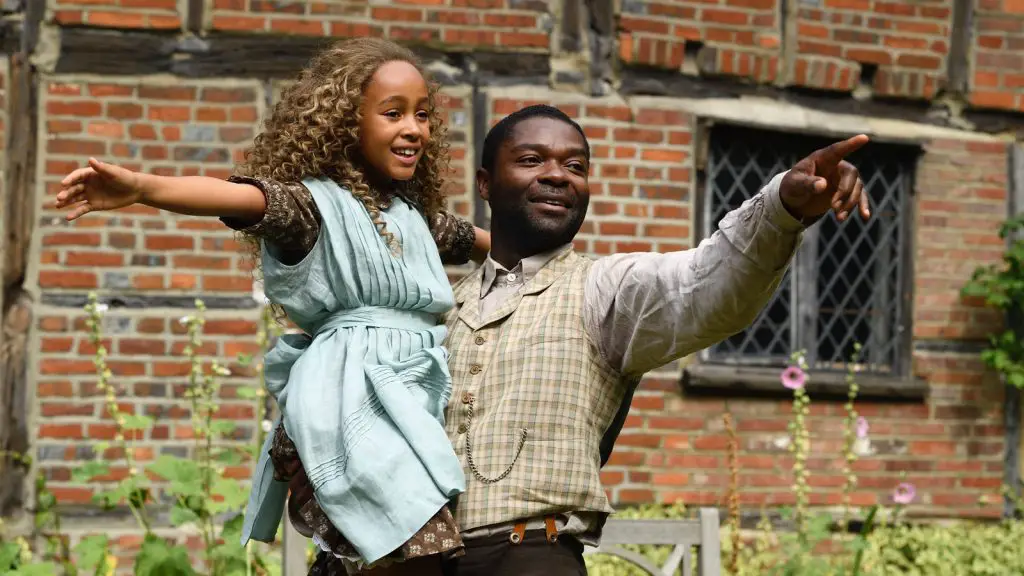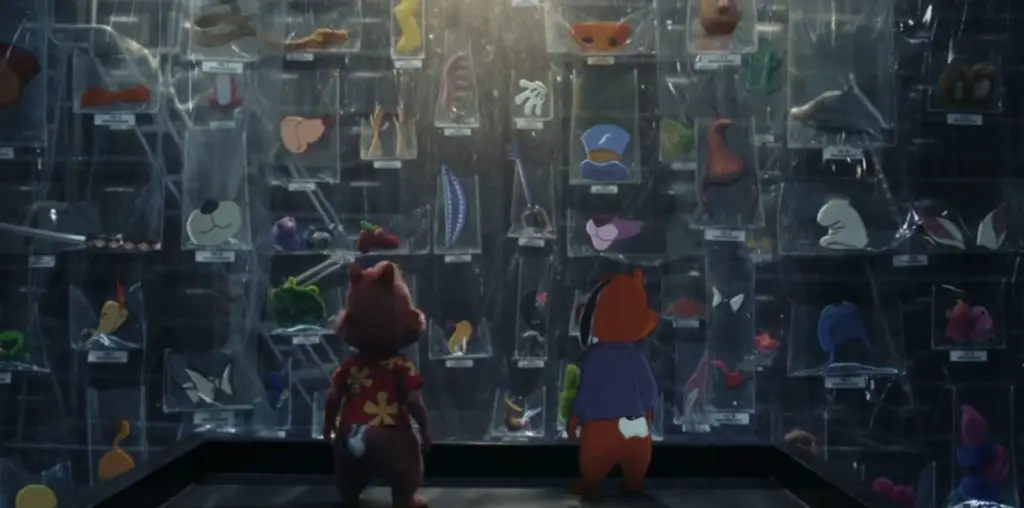
“So what if we’re a little unstable?” asks the protagonist of writer-director Livia De Paolis’ The Lost Girls. She may as well be defending the plot, although calling this mish-mash of tones and genres “unstable” would be a gross underestimation. A purported exploration of the Peter Pan mythology – particularly the titular’s character effect on the young women he, um, abducts – the film is so bonkers it remains watchable, in a car wreck sort of way.
I wish the story could be summarized succinctly, but there’s just so much going on. Things start off in 1980s London, introducing a young Wendy (Amelia Minto) listening to Great Nana’s (Vanessa Redgrave) stories of the legendary Peter Pan. Fast-forward to 1995: a 17-year-old Wendy (Emily Carey) lives with her morose father, Clayton (Julian Ovenden) – her mother, Jane (Joely Richardson), is notably missing. The hunky Peter Pan (Louis Partridge) finally arrives to fly Wendy to Neverland. “You must promise me that you will never grow up,” he asks her, so she does. They kiss passionately.
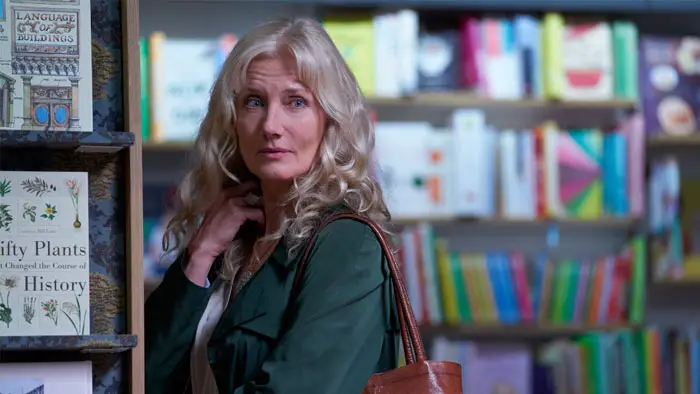
“…a young Wendy listening to Great Nana’s stories of the legendary Peter Pan.”
Then Hook (Iain Glen) enters The Lost Girls. He’s pervy, to say the least, stroking Wendy with his crooked metallic appendage. And then Peter leaves Wendy, waiting and wanting. Before any of this is developed further, De Paolis flashes forward to the present day. A grown-up Wendy (Livia De Paolis) lives with her musician boyfriend, Adam (Parker Sawyers). The encounter with Peter has clearly scarred Wendy, who experiences a slew of mental health issues. It’s understandable when Adam reacts incredulously to her story of a flying boy and a pirate.
Still, they get married and have a child. Of course, that’s when Peter returns and whisks Wendy back to Neverland. The news of her happy marriage leaves him infuriated. So the film decides to leap forward in time again: Wendy’s daughter, Berry (Ella-Rae Smith), is now all grown up, sick of her mom’s stories about the damn flying boy. When Peter visits her, Berry proclaims, “You practically run this family.” Her attempted flight isn’t as magical as her mother’s.
The Lost Girls is maudlin to a fault, both featherweight and contrived. Lensed in soft-focus, scored by a twinkling piano, it hurtles from one sequence to the next with little sense of narrative continuity, glued together by bland narration. The three Wendys look nothing alike. And while the jumps in time are jarring, the in-between moments are stretched out to the extreme, making the film quite the chore to sit through.
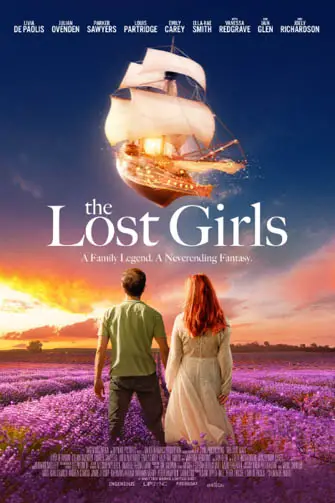
"…Livia De Paolis is the titular lost girl; she's just unaware of it."
